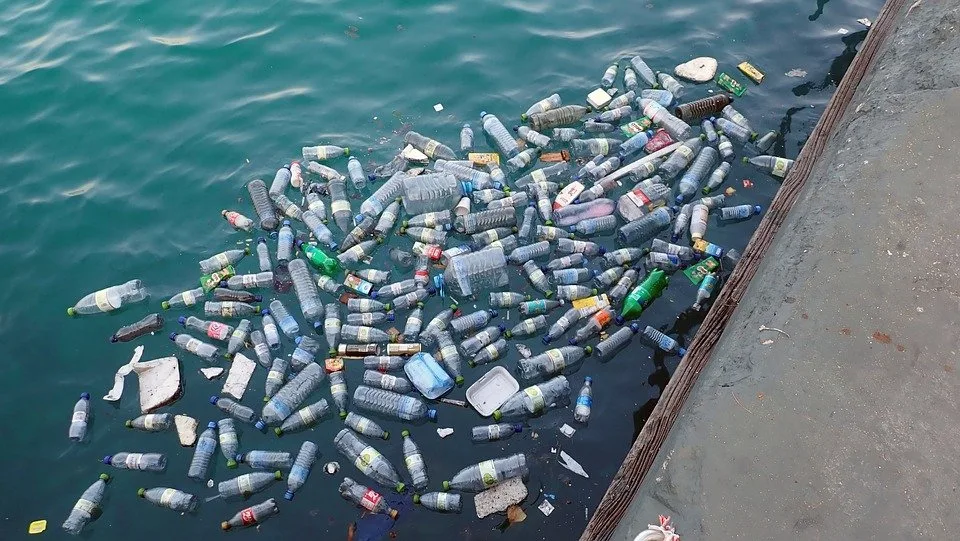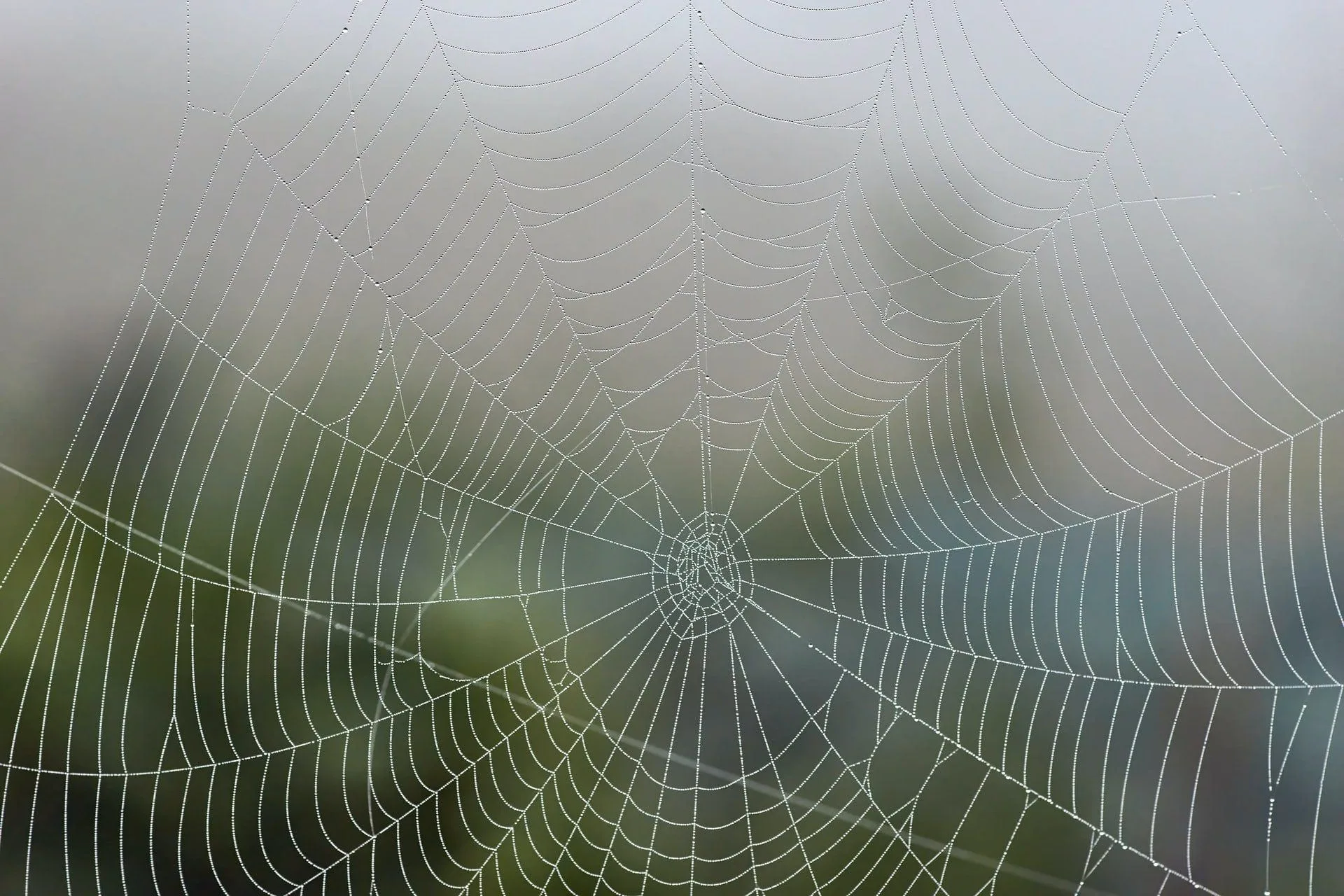While the coronavirus is a pandemic that definitely needs our attention, another more environmental pandemic is causing havoc all over the planet. Plastic waste is a serious global crisis, especially now, as we attempt to protect ourselves against the COVID-19 virus.
However, with single-use plastic being engrained in almost every area of our lives, what is the solution? The answer? Vegan spider silk. According to researchers from the University of Cambridge, this plant-based material could replace single-use plastic.
Is vegan spider silk the new (and better) plastic?
According to a study published in the journal Nature Communications, vegan spider silk could be the secret to combating the plastic waste crisis.
The study

For the study, the researchers created a polymer film using plant proteins. The film mimics the properties of spider silk, which happens to be one of the strongest materials in nature.
“We normally investigate how functional protein interactions allow us to stay healthy. We also look at how irregular interactions are implicated in Alzheimer’s disease,” explained study author Thomas Knowles. He is also a professor in Cambridge’s Department of Chemistry. “It was a surprise to find our research could also address a big problem in sustainability: that of plastic pollution.”
The future of plant-based plastic
Following the study, the vegan spider silk is set to commercially replace microplastics and single-use plastics by a University of Cambridge affiliated company called Xampla. The company also has plans to replace the plastics used in dishwasher tablets and laundry detergent capsules.
“Other researchers have been working directly with silk materials as a plastic replacement, but they’re still an animal product,” said Dr. Marc Rodriguez Garcia, a postdoctoral researcher who is Head of R&D at Xampla “In a way, we’ve come up with ‘vegan spider silk’ – we’ve created the same material without the spider.”
Want to know more?
Did you follow the G7 talks held at Cornwall? If so, you’d know about the increased importance placed on climate change and how it can affect the planet’s longevity. Burt Rodrigues, CEO of Bio offers his thoughts on why countries must act urgently on climate change, as they responded to the Covid-19 pandemic.



![women [longevity live]](https://longevitylive.com/wp-content/uploads/2020/01/photo-of-women-walking-down-the-street-1116984-100x100.jpg)










